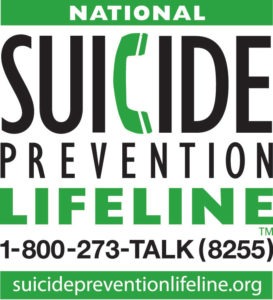
Grieving

Life Support is about seeking support for you when you need it the most. My sincere condolences to you if you have lost a loved one. This is a very transitional time for you and your family. Your local hospital may have a built in Hospice organization within it. Contact your local doctor or hospital and ask for their hospice contact information. The hospice will have a bereavement counselor or grief counselor available to you.
Hospice is a non-profit organization specializing in bringing medical professionals together to support families in their time of need. Not only is hospice a vehicle of support during end of life, but also after life.
Whether or not you or your loved one utilized the wonderful services of your local hospice organization , they are there to serve their community. Many local hospice organizations have group support meetings. Some groups are specific to your loss.
For instance, if you have lost a child, there may be a group support meeting for parents that have lost a child. Others are defined as Loss of a Spouse or Loss of a Parent. Family support is great, however, group specific support is helpful because you are sharing your loss with those that are also grieving in a similar way.
Grieving is a unique experience. My own father crossed to heaven 2 years ago. Up until that time, I really did not fully understand loss to that extent. There is not any way to describe loss, other than it hurts really badly. I hope that you will consider looking into the resources available to you in your local community as soon as you can.
Depression

At times we all feel depressed. There is a notable difference between mild depression and clinical depression
Signs and Symptoms
If you have been experiencing some of the following signs and symptoms most of the day, nearly every day, for at least two weeks, you may be suffering from clinical depression:
- Persistent sad, anxious, or “empty” mood
- Feelings of hopelessness, or pessimism
- Irritability
- Feelings of guilt, worthlessness, or helplessness
- Loss of interest or pleasure in hobbies and activities
- Decreased energy or fatigue
- Moving or talking more slowly
- Feeling restless or having trouble sitting still
- Difficulty concentrating, remembering, or making decisions
- Difficulty sleeping, early-morning awakening, or oversleeping
- Appetite and/or weight changes
- Thoughts of death or suicide, or suicide attempts
- Aches or pains, headaches, cramps, or digestive problems without a clear physical cause and/or that do not ease even with treatment
Not everyone who is depressed experiences every symptom. Some people experience only a few symptoms while others may experience many. Several persistent symptoms in addition to low mood are required for a diagnosis of major depression, but people with only a few – but distressing – symptoms may benefit from treatment of their “subsyndromal” depression.
The severity and frequency of symptoms and how long they last will vary depending on the individual and his or her particular illness. Symptoms may also vary depending on the stage of the illness. If you or a love one is suffering clinical depression, please contact your physician immediately.